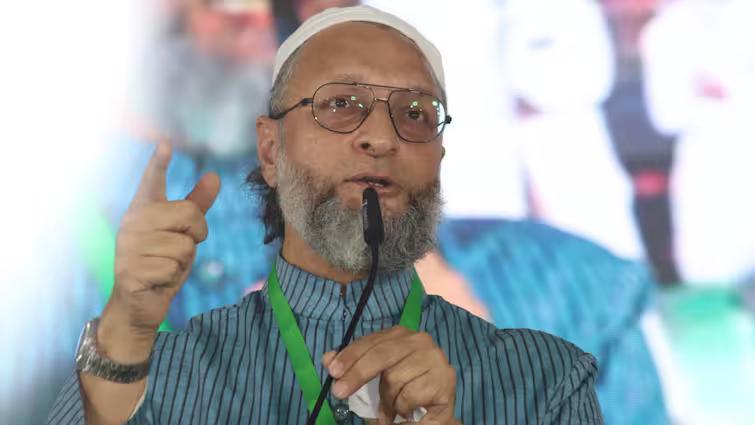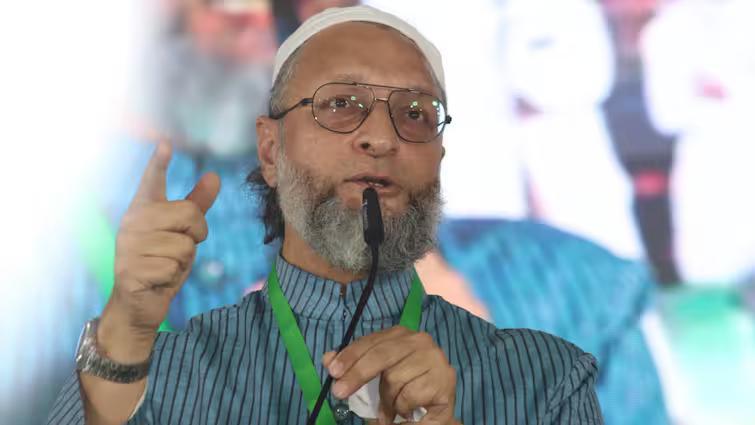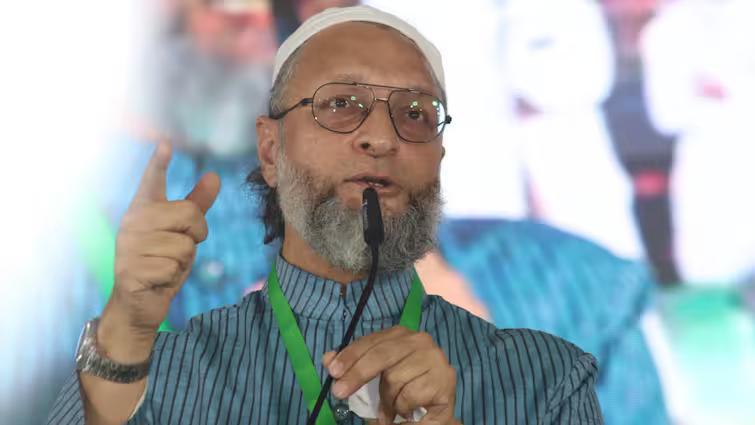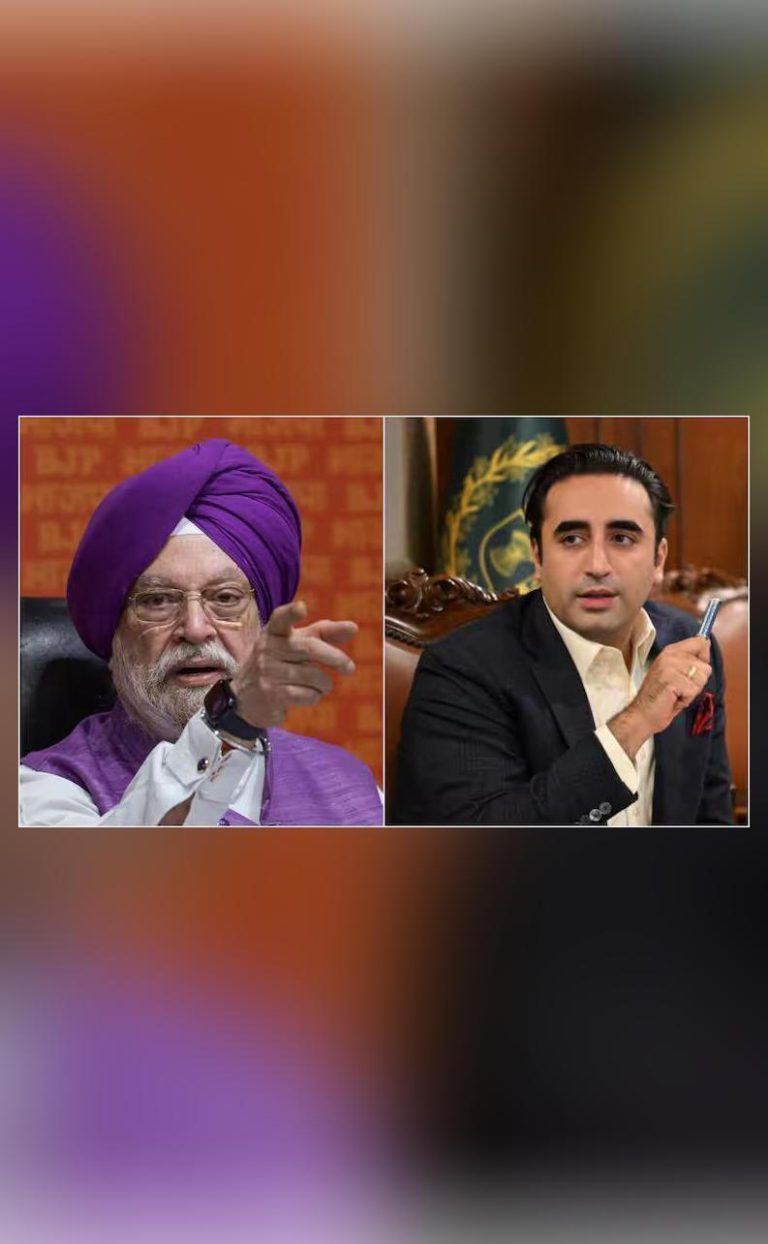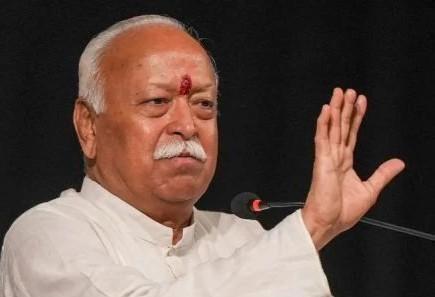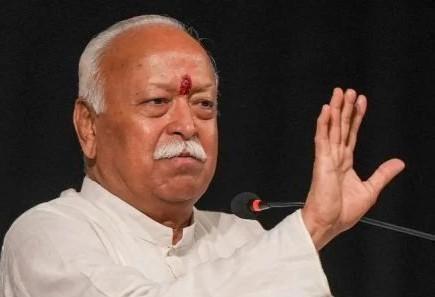
If someone turns to evil then we’ll teach lesson: Bhagwat on J&K attack
The recent terror attack in Pahalgam, Jammu and Kashmir, has sent shockwaves across the nation, leaving many wondering about the future of peace and security in the region. In the aftermath of the attack, RSS chief Mohan Bhagwat has weighed in on the situation, offering a unique perspective on how to deal with the perpetrators. In a statement that has left many divided, Bhagwat emphasized the importance of non-violence as India’s religion, while also highlighting the need to teach a lesson to those who resort to evil.
Non-violence as India’s religion
Bhagwat’s assertion that non-violence is India’s religion is rooted in the country’s rich cultural and spiritual heritage. Hinduism, in particular, has a long tradition of emphasizing the importance of ahimsa, or non-violence, as a core principle. This philosophy is reflected in the teachings of revered figures such as Mahatma Gandhi, who famously advocated for non-violent resistance against colonial rule. Gandhi’s philosophy of non-violence has inspired countless movements and individuals around the world, and remains a powerful symbol of India’s commitment to peace and non-violence.
However, Bhagwat’s statement also acknowledges that there may be situations where non-violence is not a viable option. In such cases, he believes that the state has a duty to protect its citizens, and will do so with the necessary force. This pragmatic approach is a reflection of the complex reality that exists in Kashmir, where terrorism and violence have become a disturbingly common occurrence.
Teaching a lesson to oppressors and hooligans
Bhagwat’s emphasis on teaching a lesson to “oppressors and hooligans” is a clear reference to the perpetrators of the Pahalgam attack. In his statement, Bhagwat seemed to suggest that while India is committed to non-violence, there may be situations where a strong and decisive response is necessary to deter further violence. This approach is rooted in the idea that violence begets violence, and that strong action is sometimes necessary to protect the innocent and uphold the rule of law.
It is worth noting that Bhagwat’s statement has been met with criticism from some quarters, who argue that his emphasis on teaching a lesson to perpetrators risks perpetuating a cycle of violence. Others have pointed out that Bhagwat’s comments may be seen as inflammatory, and could exacerbate existing tensions in the region.
The king’s duty is to protect the people
Bhagwat’s statement also highlights the importance of the state’s role in protecting its citizens. As he noted, the king’s duty is to protect the people, and he will do his duty. This emphasis on the state’s responsibility to ensure the safety and security of its citizens is a cornerstone of democratic governance, and is essential for maintaining social order and stability.
In the context of Kashmir, Bhagwat’s statement is particularly noteworthy, given the region’s complex history and ongoing security challenges. The Pahalgam attack is just the latest in a series of violent incidents that have plagued the region in recent years, and has left many wondering about the future of peace and stability in Kashmir.
Conclusion
In conclusion, Bhagwat’s statement on the Pahalgam attack offers a nuanced and complex perspective on the challenges facing India and Kashmir. While his emphasis on non-violence is a powerful reminder of India’s commitment to peace and non-violence, his acknowledgment of the need to teach a lesson to perpetrators is a pragmatic recognition of the complex reality that exists in the region.
As India grapples with the challenges posed by terrorism and violence, it is essential that leaders like Bhagwat continue to offer thoughtful and nuanced perspectives on how to address these issues. By doing so, they can help to promote a culture of peace and non-violence, while also ensuring the safety and security of all citizens.
Source: https://youtu.be/SpAKVWl5wII
